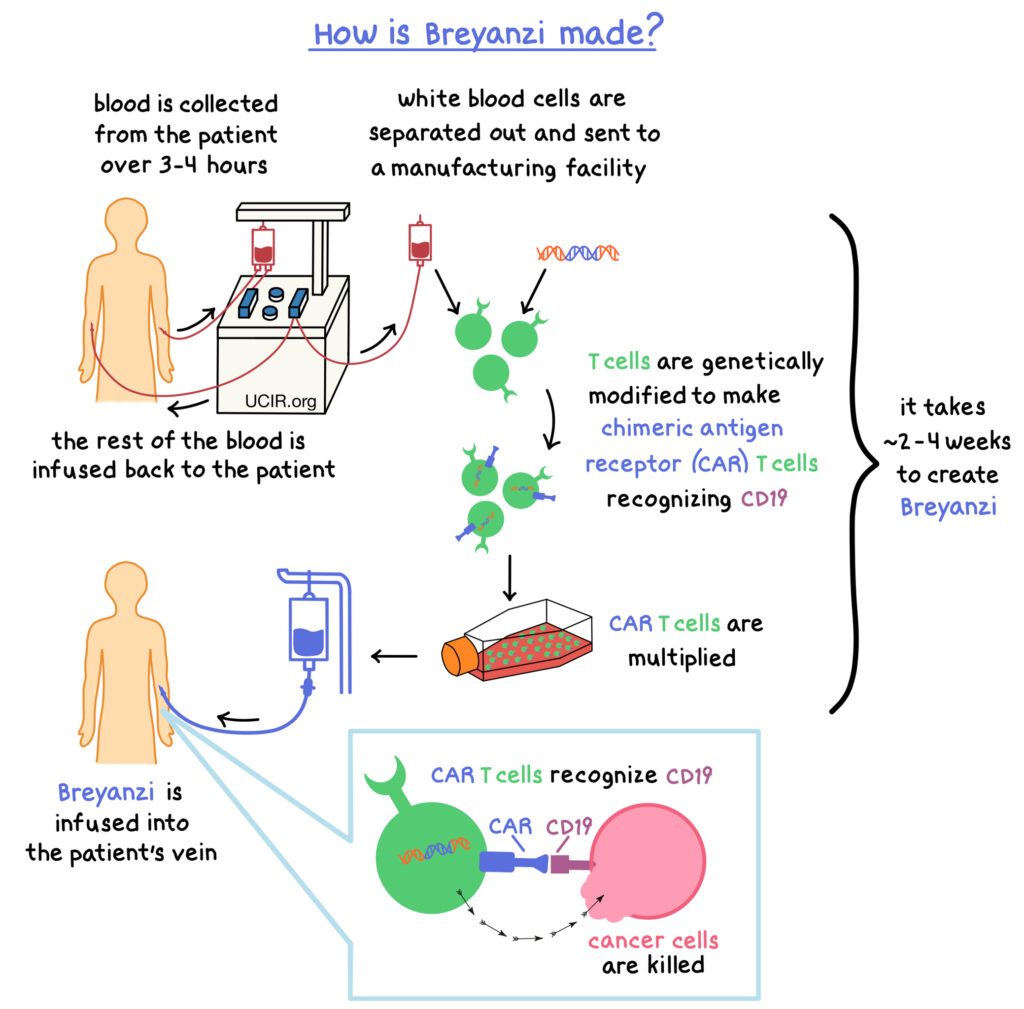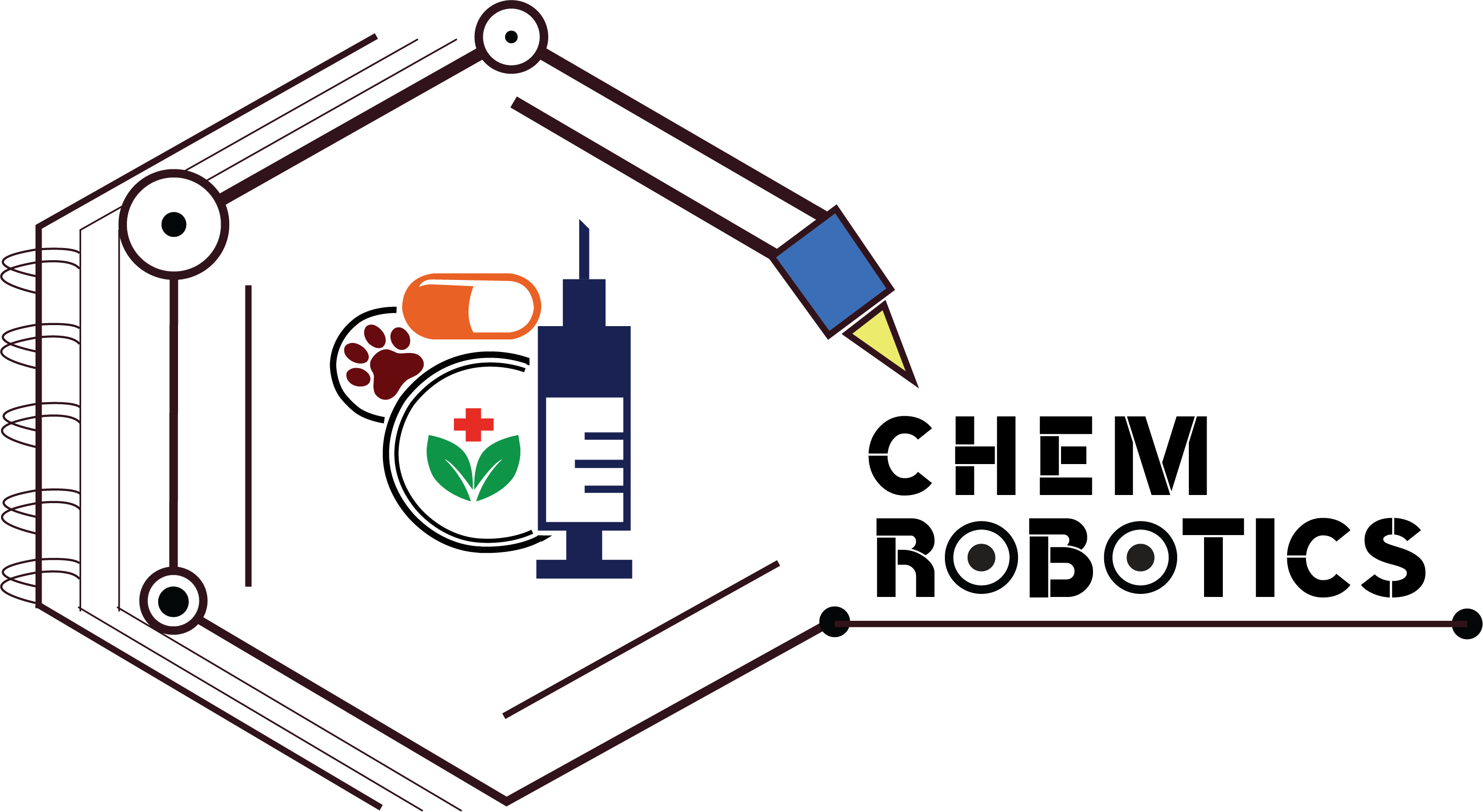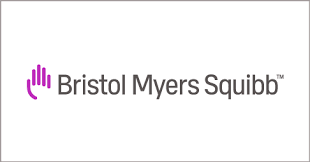Synopsis:
- In the pivotal Phase 3 TRANSFORM trial, single infusion of Breyanzi significantly outperformed the nearly 30-year standard of care with median event-free survival of 10.1 months vs. 2.3 months and a well-established safety profile
- Approval was also based on data from the Phase 2 PILOT study, the first and only company-sponsored study of a CAR T cell therapy in patients with primary refractory or relapsed LBCL who are not considered candidates for transplant, in which Breyanzi delivered deep and durable responses
- With this approval, Breyanzi now has the broadest patient eligibility of any CAR T cell therapy in relapsed or refractory LBCL, reinforcing company’s leadership in delivering innovative cancer treatments with Breyanzi as a cornerstone of its diversified cell therapy portfolio and pipeline
Bristol Myers Squibb today announced that the U.S. Food and Drug Administration (FDA) has approved Breyanzi® (lisocabtagene maraleucel), a CD19-directed chimeric antigen receptor (CAR) T cell therapy, for the treatment of adult patients with large B-cell lymphoma (LBCL), including diffuse large B-cell lymphoma (DLBCL) not otherwise specified (including DLBCL arising from indolent lymphoma), high-grade B-cell lymphoma, primary mediastinal large B-cell lymphoma, and follicular lymphoma grade 3B.
About Breyanzi®(lisocabtagene maraleucel)
- API – Lisocabtagene maraleuce
- Description – Breyanzi is the only CAR T cell therapy that has been evaluated in a broad second-line patient population for LBCL in two distinct company-sponsored studies, including in patients whose disease relapsed within or later than 12 months following first-line treatment and regardless of transplant candidacy.
- Dosage form: Suspension for intravenous infusion
- Indication-Breyanzi is for the treatment of large B-cell lymphoma in patients when at least 2 previous treatments have not worked or have stopped working.
- Drug class: Miscellaneous Antineoplastics
- Mechanism of action- A preparation of a defined ratio of CD4+ and CD8+ autologous T lymphocytes transduced with a lentiviral vector expressing a chimeric antigen receptor (CAR) containing an anti-CD19 single chain variable fragment (scFv) fused to the signaling domain of 4-1BB (CD137), the zeta chain of the TCR/CD3 complex (CD3-zeta), and a truncated form of the human epidermal growth factor receptor (EGFRt), with potential immunostimulating and antineoplastic activities. Upon intravenous administration, lisocabtagene maraleucel is directed to and induce selective toxicity in CD19-expressing tumor cells.

Lisocabtagene Maraleucel (Breyanzi)
Breyanzi side effects -The most common side effects are:
- fatigue
- difficulty breathing
- fever (100.4°F/38°C or higher)
- chills/shaking chills
- confusion
- difficulty speaking or slurred speech
- severe nausea, vomiting, diarrhea
- headache
- dizziness/lightheadedness
- fast or irregular heartbeat
- swelling
Limitations of Use
- Breyanzi REMS program: Due to the risk of potentially serious side effects, Breyanzi is currently only available through a Risk Evaluation and Mitigation Strategy (REMS) program. Patients must first qualify for the program before receiving treatment with Breyanzi.
- Age: The safety and efficacy of Breyanzi in patients under 18 years of age have not been established.
- Pregnancy/Breastfeeding: The risks associated with Breyanzi during pregnancy are not known and cannot be ruled out. Due to the potential for harm to the fetus, Breyanzi is not recommended for use during pregnancy. The risks associated with Breyanzi during breastfeeding are not known and cannot be ruled out. Due to the potential for adverse reactions in the breastfed child, women are advised not to breastfeed during treatment with Breyanzi.
- Primary central nervous system lymphoma: Breyanzi should not be used for the treatment of patients with primary central nervous system lymphoma.
- Effects on the ability to drive and use machines: Patients are advised to refrain from driving, engaging in hazardous occupations or activities, and operating heavy machinery for at least 8 weeks after receiving Breyanzi.
- Vaccinations: Live virus vaccinations (e.g., chickenpox or measles, mumps, and rubella (MMR)) are not recommended for at least 6 weeks prior to or during Breyanzi treatment, and until the patient’s white blood cell count has recovered following treatment.
- Corticosteroids: Corticosteroids should not be administered shortly before Breyanzi treatment, as they may limit the activity of Breyanzi.
“Breyanzi represents a remarkable advance over a nearly 30-year standard of care, providing significantly improved efficacy with a well-established safety profile,” said Manali Kamdar, M.D., lead investigator of the TRANSFORM study and Associate Professor, Clinical Director of Lymphoma Services, Division of Hematology, Hematologic Malignancies and Stem Cell Transplantation, University of Colorado Cancer Center. “This important milestone reinforces the benefit of offering a CAR T cell therapy option to patients earlier in their treatment journey and it’s critical that we begin the work to implement this therapy into standard practice as a second-line treatment in order to help improve outcomes for more patients.”
“Patients with large B-cell lymphoma whose disease does not respond to or relapses after first-line therapy often face lengthy and intensive cycles of chemotherapy with the goal of proceeding to stem cell transplant,” said Lee Greenberger, Ph.D., Chief Scientific Officer of the Leukemia & Lymphoma Society (LLS). “As one of the earliest supporters of CAR T since the 1990’s, LLS is excited to see the FDA approval of a CD19 CAR T cell therapy that has moved from later lines of therapy to a second-line option, which offers patients with relapsed or refractory large B-cell lymphoma the potential for long-term remission and the hope of a cure.”
Breyanzi has demonstrated clinically meaningful and statistically significant improvements in event-free survival (EFS), complete responses (CR) and progression-free survival (PFS) compared to standard therapy in patients with LBCL that is primary refractory or relapsed within 12 months after first-line therapy. An improvement in EFS represents an increase in the length of time in which patients are alive and without disease progression or in need of further treatment. Breyanzi, a differentiated CAR T cell therapy, is made from a patient’s own T cells, which are collected and genetically reengineered to become CAR T cells that are thendelivered via infusion as a one-time treatment. Breyanzi can be administered in the inpatient or outpatient setting at a certified treatment center.
“As part of our commitment to developing innovative cancer treatments for patients with critical unmet need, Breyanzi offers a potentially curative option for more patients,” said Ester Banque, senior vice president & general manager, U.S. Hematology, Bristol Myers Squibb. “Based on the demonstrated clinical benefit, this approval of Breyanzi underscores the significant advances we are making to deliver on the promise of cell therapy.”
About TRANSFORM
TRANSFORM (NCT03575351) is a pivotal, global, randomized, multicenter Phase 3 trial evaluating Breyanzi compared to current standard therapy regimens (platinum-based salvage chemotherapy followed by high-dose chemotherapy and HSCT in patients responding to salvage chemotherapy) in patients with large B-cell lymphoma that was primary refractory or relapsed within 12 months after CD20-antibody and anthracycline containing first-line therapy. Patients were randomized to receive Breyanzi or standard of care salvage therapy, including rituximab plus dexamethasone, high-dose cytarabine, and cisplatin (R-DHAP), rituximab plus ifosfamide, carboplatin and etoposide (R-ICE), or rituximab plus gemcitabine, dexamethasone and cisplatin (R-GDP) per the investigators’ choice before proceeding to high-dose chemotherapy (HDCT) and hematopoietic stem cell transplant (HSCT). The primary endpoint of the study was event-free survival, defined as time from randomization to death from any cause, progressive disease, failure to achieve complete response or partial response, or start of new antineoplastic therapy due to efficacy concerns, whichever occurs first. Complete response rate was a key secondary endpoint. Other efficacy endpoints included progression-free survival, overall survival, overall response rate and duration of response.
About PILOT
PILOT (NCT03483103) is a multicenter Phase 2 trial evaluating Breyanzi as a second-line therapy in adults with relapsed or refractory large B-cell lymphoma after front-line therapy who are not considered candidates for hematopoietic stem cell transplant (HSCT). All enrolled patients have relapsed or refractory large B-cell lymphoma after treatment with a single line of chemoimmunotherapy containing an anthracycline and a CD20-targeted agent. The primary endpoint of the study is overall response rate. Other efficacy endpoints include complete response rate, duration of response, progression-free survival, event-free survival and overall survival.
Cytokine Release Syndrome
Cytokine release syndrome (CRS), including fatal or life-threatening reactions, occurred following treatment with BREYANZI. Among patients receiving BREYANZI for LBCL (N=418), CRS occur in 46% (190/418) of patients, including ≥ Grade 3 CRS (Lee grading system) in 3.1% of patients.
In patients receiving BREYANZI after two or more lines of therapy for LBCL, CRS occurred in 46% (122/268), including ≥ Grade 3 CRS in 4.1% of patients. One patient had fatal CRS and 2 had ongoing CRS at time of death. The median time to onset was 5 days (range: 1 to 15 days). CRS resolved in 98% with a median duration of 5 days (range: 1 to 17 days).
In patients receiving BREYANZI after one line of therapy for LBCL, CRS occurred in 45% (68/150), including Grade 3 CRS in 1.3% of patients. The median time to onset was 4 days (range: 1 to 63 days). CRS resolved in all patients with a median duration of 4 days (range: 1 to 16 days).
The most common manifestations of CRS (≥10%) included fever (94%), hypotension (42%), tachycardia (28%), chills (23%), hypoxia (16%), and headache (12%).
Serious events that may be associated with CRS include cardiac arrhythmias (including atrial fibrillation and ventricular tachycardia), cardiac arrest, cardiac failure, diffuse alveolar damage, renal insufficiency, capillary leak syndrome, hypotension, hypoxia, and hemophagocytic lymphohistiocytosis/macrophage activation syndrome (HLH/MAS).
Ensure that 2 doses of tocilizumab are available prior to infusion of BREYANZI.
Neurologic Toxicities
Neurologic toxicities that were fatal or life-threatening, including immune effector cell-associated neurotoxicity syndrome (ICANS), occurred following treatment with BREYANZI. Serious events including cerebral edema and seizures occurred with BREYANZI. Fatal and serious cases of leukoencephalopathy, some attributable to fludarabine, also occurred.
In patients receiving BREYANZI after two or more lines of therapy for LBCL, CAR T cell-associated neurologic toxicities occurred in 35% (95/268), including ≥ Grade 3 in 12% of patients. Three patients had fatal neurologic toxicity and 7 had ongoing neurologic toxicity at time of death. The median time to onset of neurotoxicity was 8 days (range: 1 to 46 days). Neurologic toxicities resolved in 85% with a median duration of 12 days (range: 1 to 87 days).
In patients receiving BREYANZI after one line of therapy for LBCL, CAR T cell-associated neurologic toxicities occurred in 27% (41/150) of patients, including Grade 3 cases in 7% of patients. The median time to onset of neurologic toxicities was 8 days (range: 1 to 63 days). The median duration of neurologic toxicity was 6 days (range: 1 to 119 days).
In all patients combined receiving BREYANZI for LBCL, neurologic toxicities occurred in 33% (136/418), including ≥ Grade 3 cases in 10% of patients. The median time to onset was 8 days (range: 1 to 63), with 87% of cases developing by 16 days. Neurologic toxicities resolved in 85% of patients with a median duration of 11 days (range: 1 to 119 days). Of patients developing neurotoxicity, 77% (105/136) also developed CRS.
The most common neurologic toxicities (≥ 5%) included encephalopathy (20%), tremor (13%), aphasia (8%), headache (6%), dizziness (6%), and delirium (5%).
CRS and Neurologic Toxicities Monitoring
Monitor patients daily for at least 7 days following BREYANZI infusion at a REMS-certified healthcare facility for signs and symptoms of CRS and neurologic toxicities and assess for other causes of neurological symptoms. Monitor patients for signs and symptoms of CRS and neurologic toxicities for at least 4 weeks after infusion and treat promptly. At the first sign of CRS, institute treatment with supportive care, tocilizumab, or tocilizumab and corticosteroids as indicated. Manage neurologic toxicity with supportive care and/or corticosteroid as needed. Counsel patients to seek immediate medical attention should signs or symptoms of CRS or neurologic toxicity occur at any time.
About Bristol Myers Squibb
Bristol Myers Squibb is a global biopharmaceutical company whose mission is to discover, develop and deliver innovative medicines that help patients prevail over serious diseases.
The Bristol-Myers Squibb Company is an American multinational pharmaceutical company. Headquartered in New York City, BMS is one of the world’s largest pharmaceutical companies and consistently ranks on the Fortune 500 list of the largest U.S. corporations. For fiscal 2021, it had a total revenue of $46.4 billion
Weblink: https://www.chemrobotics.com
- AgroPat Lite– Access 5500 pesticides with chemistry, Biology, Regulatory, and IP info. Covers the product information including formulation, combination, developer, innovator, existing intellectual property, regulatory requirement, biology data including spectrum, MOA, DFU, toxicity profile, and safety. (Designed for Business Development function)
-
-
- AgroPat Ultimate– In detailed Access 5500 pesticides with chemistry, Biology, Regulatory, and IP info. (Designed for Research & Development function)
- Indian Medicine Database –Approved Drugs, Medical Devices, Approved Regenerative Medical Products
- Weblink: https://imd.chemrobotics.com/
- Indian Pesticide Database (IPD)– All Indian Approvals, e.g. 9(3) and 9(4), etc.
- Global Agro Product Directory(More than 55countries approved product info. with relevant documents such as label, factsheet and monograph)
- Weblink: https://www.chemrobotics.com/pesticides-directory/
- Global MRL Database(More than 85 countries MRL info.)
- Jarvis– A Competitor Patents Watch Database for Agrochemical
- Technical Routes(More than 15000 routes of synthesis for Agrochemical & Pharmaceutical)
- Technical Suppliers(Provides technical supplier information)
- Company Directory– KSM Supplier(s) Database — More than 10 K Companies listed from Pharma / Agrochemical / Fine Chemical Domain with their product offering in Pharma / Agrochemical / Fine Chemical segment,
- Weblink: https://companydirectory.chemrobotics.com
- ChemRobotics SPC Database– Provides Patent SPC data Europe
- PharmVetPat –Access chemistry including ROS, KSM, Intermediate, Biology, Regulatory, and IP info for all pharm molecules.
-


